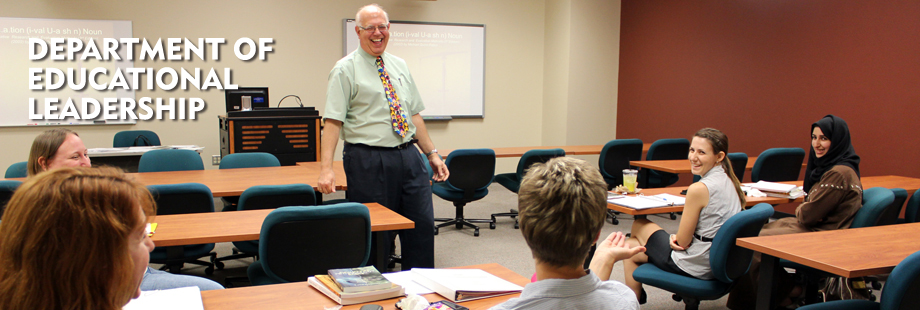Culturally Proficient Leadership: Equipping Educators to Better Serve Refugee Students during a Crisis
Document Type
Article
Publication Date
1-22-2024
Publication Source
Equity in Education and Society
Abstract
Purpose: The purpose of this paper is to explore the proficiency of leadership practices in dealing with refugee students’ cultural needs during the COVID-19 pandemic.
Design/methodology/approach: Semi-structured interviews were employed to elucidate data from teachers, counselors, and leaders in a U.S. Midwestern suburban community that had recorded a significant increase in the number of refugee students.
Findings: The findings identified that suburban districts do not usually have the cultural experience or training on how to best serve their refugee students. Indeed, prior to the pandemic, most participants were culturally blind or pre-competent. However, the pandemic afforded participants an opportunity to learn about their refugee students’ cultures. The evidence of the current research suggests that cultural proficiency should constitute an integral part of leadership’s crisis management plans.
Originality: The emotions that develop in a teacher’s working environment at a time of crisis, as well as their levels of emotional engagement, are two important factors that affect a school’s functioning. As such, this work recognizes the need to exercise empathy when addressing vulnerable students’ needs. Furthermore, this work recognizes that a school leader exhibiting awareness and empathy will help the teachers of that school to improve their effectiveness in exercising empathy.
Publisher
Sag
Volume
OnlineFirst
Peer Reviewed
yes
eCommons Citation
Arar, Khalid; Brion, Corinne; Arar, Eman Abo-Zaed; and Saiti, Anna, "Culturally Proficient Leadership: Equipping Educators to Better Serve Refugee Students during a Crisis" (2024). Educational Leadership Faculty Publications. 292.
https://ecommons.udayton.edu/eda_fac_pub/292
COinS



